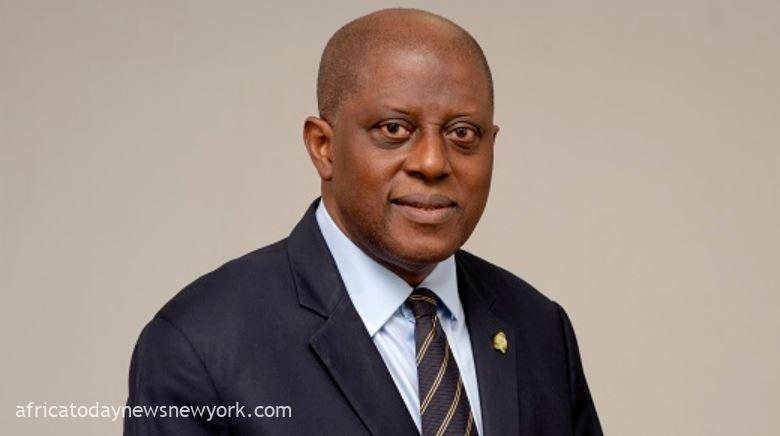Against the backdrop of viral reports that the Central Bank of Nigeria (CBN), has cleared all valid foreign exchange backlogs, foreign airlines operating in the country have raised questions about the claim.
The President of Association of Foreign Airlines and Representatives in Nigeria (AFARN), Mr Kingsley Nwokeoma, while speaking to newsmen on Friday called for evidence of payment from the apex Bank.
Nwokeoma said: “If they’ve paid, they should let us know how much has been paid. Where is the evidence of payment? They should show us evidence of payments and we will thank them because payment is what we want. The backlog of trapped funds made foreign airlines stop releasing low inventory tickets.”
Nwokeoma also said although foreign airlines have been told to get their funds from the banks using the rate of the I & E window, they refused because the current I & E window rate differed from what they used in selling tickets.
Read Also: CBN Educates Nigerians On Safeguarding Funds From Fraudsters
Last night, Acting Director, Corporate Communications, Mrs Hakama Sidi Ali, in a statement, said CBN had concluded the payment of $1.5 billion to settle obligations to bank customers, effectively settling the residual balance of the FX backlog.
Ali stated: “The Central Bank of Nigeria has announced that all valid foreign exchange backlogs have now been settled, fulfilling a key pledge of the CBN Governor, Mr Olayemi Cardoso, to process an inherited backlog of $7bn in claims.
“Clearance of the foreign exchange transactions backlog is part of the overall strategy detailed in last month’s Monetary Policy Committee meeting to stabilise the exchange rate and thereby curb imported inflation, spurring confidence in the banking system and the economy.”
Africa Today News, New York reports that with $812.2 million, Nigeria tops the countries that account for 68.0 per cent of blocked funds. Others are Bangladesh ($214.1 million), Algeria ($196.3 million), Pakistan ($188.2 million) and Lebanon ($141.2 million).
